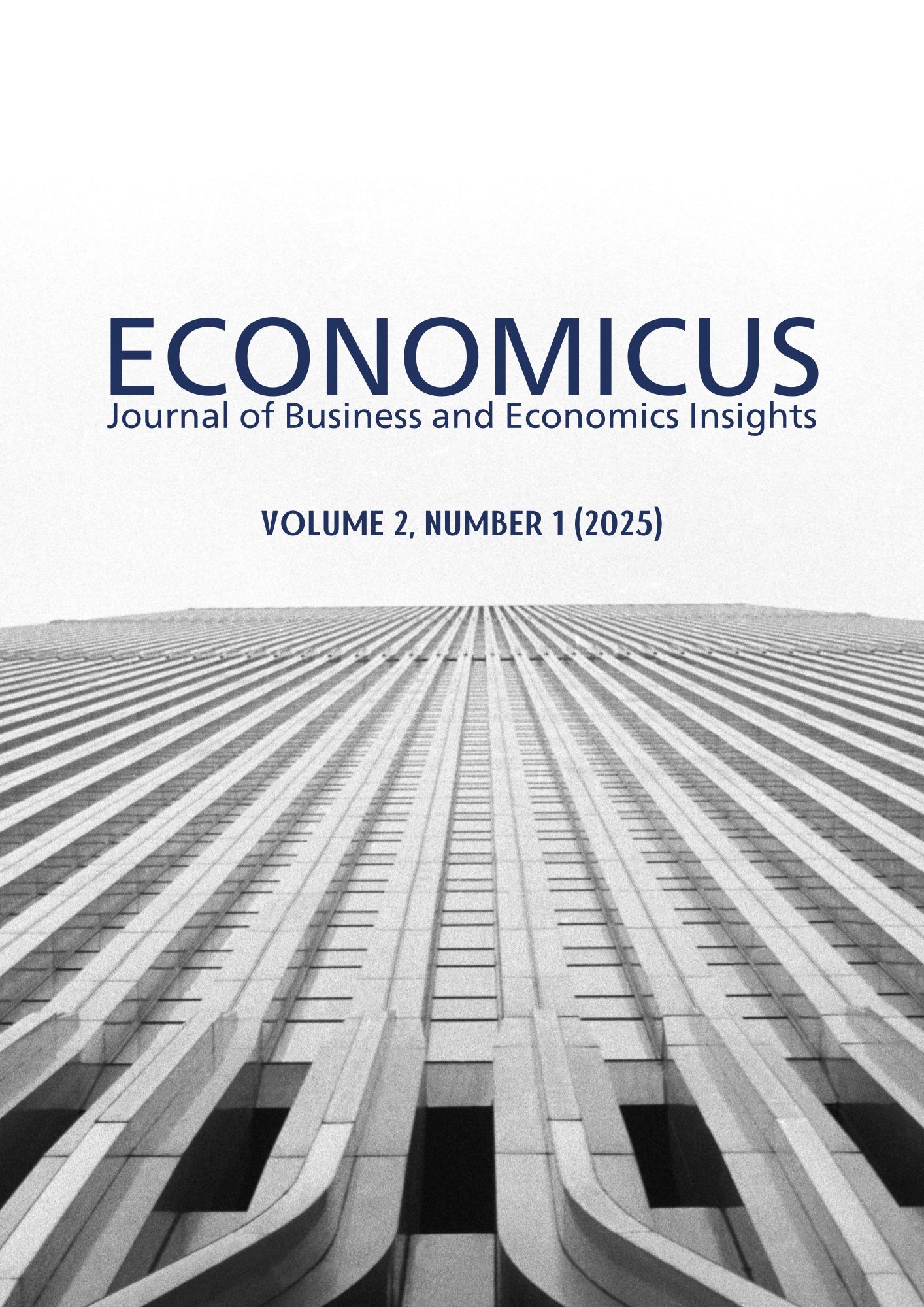Bidding strategies in auctions with imperfect information and cognitive biases
Keywords:
spectrum auctions, imperfect information, cognitive biases, bidding strategies, behavioral economics, Bayesian modelAbstract
This study investigates the effects of imperfect information and cognitive biases, particularly anchoring and availability biases, on bidding strategies in telecommunications spectrum auctions. Spectrum auctions are essential for governments to allocate radio frequencies to private companies, yet these auctions frequently involve asymmetric information, leading to distortions in bidding behavior and often resulting in the Winner’s Curse phenomenon. Leveraging real studies such as Milgrom and Weber’s (1982) analysis on Winner’s Curse and Kagel and Levin’s (1986) findings on information efficiency, we explore the implications of behavioral biases on auction design and company strategy. Using insights from Cramton’s (2009) work on spectrum auction formats and Thaler and Sunstein’s (2008) theories on behavioral economics in auction design, this paper proposes a framework to enhance auction efficiency by addressing cognitive biases. The findings highlight that companies with access to public competitor bids demonstrate more aggressive strategies, while both anchoring and availability biases drive companies away from optimal strategies. Recommendations are provided for both auction designers and participants to mitigate these effects.
Downloads
Downloads
Published
How to Cite
-
Abstract3
-
PDF (Español)7
Issue
Section
License
Copyright (c) 2025 Economicus Journal of Business and Economics Insights

This work is licensed under a Creative Commons Attribution-NonCommercial 4.0 International License.










